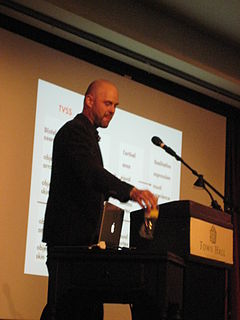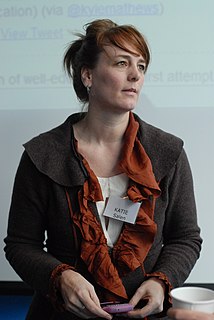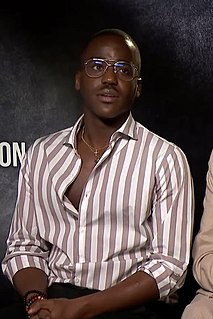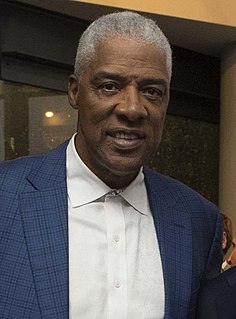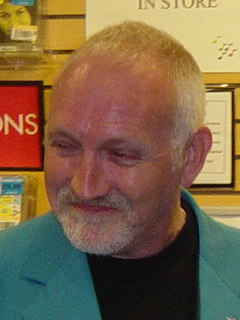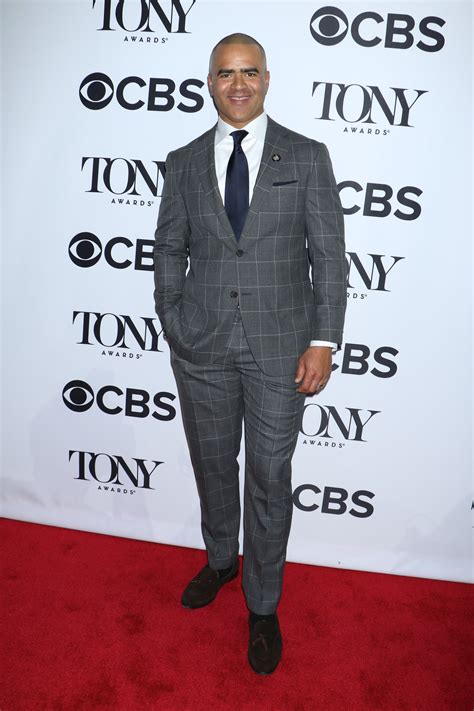A Quote by Alva Noe
Perceiving how things are is a mode of exploring how things appear. How they appear is, however, an aspect of how they are. To explore appearance is thus to explore the environment, the world. To discover how things are, from how they appear, is to discover an order or pattern in their appearance. The process of perceiving, of finding out how things are, is a process of meeting the world; it is an activity of skillful exploration.
Related Quotes
This part of optics, when well understood, shows us how we may make things a very long distance off appear as if placed very close, and large near things appear very small, and how we may make small things placed at a distance appear any size we want, so that it may be possible for us to read the smallest letters at incredible distances, or to count sand, or seed, or any sort or minute objects.
Science,' said Mr Anders Anders. 'Science, not magic. I told you before: when things are not as they appear to be, it's because they're actually simpler than you think them to be. Things are never as difficult and complicated as folk believe. You'd be surprised just how straightforward and obvious things really are. The secret is in knowing how to look at them the right way.
I'm always interested in how people, myself included, have ideas of themselves, of how they thought they would be, or of how they want to be seen. And the older you get, the world keeps telling you different things about yourself. And how people either adjust to those things and let go of adolescent notions. Or they dig in deeper.
The whole point of science is that most of it is uncertain. That's why science is exciting--because we don't know. Science is all about things we don't understand. The public, of course, imagines science is just a set of facts. But it's not. Science is a process of exploring, which is always partial. We explore, and we find out things that we understand. We find out things we thought we understood were wrong. That's how it makes progress.
